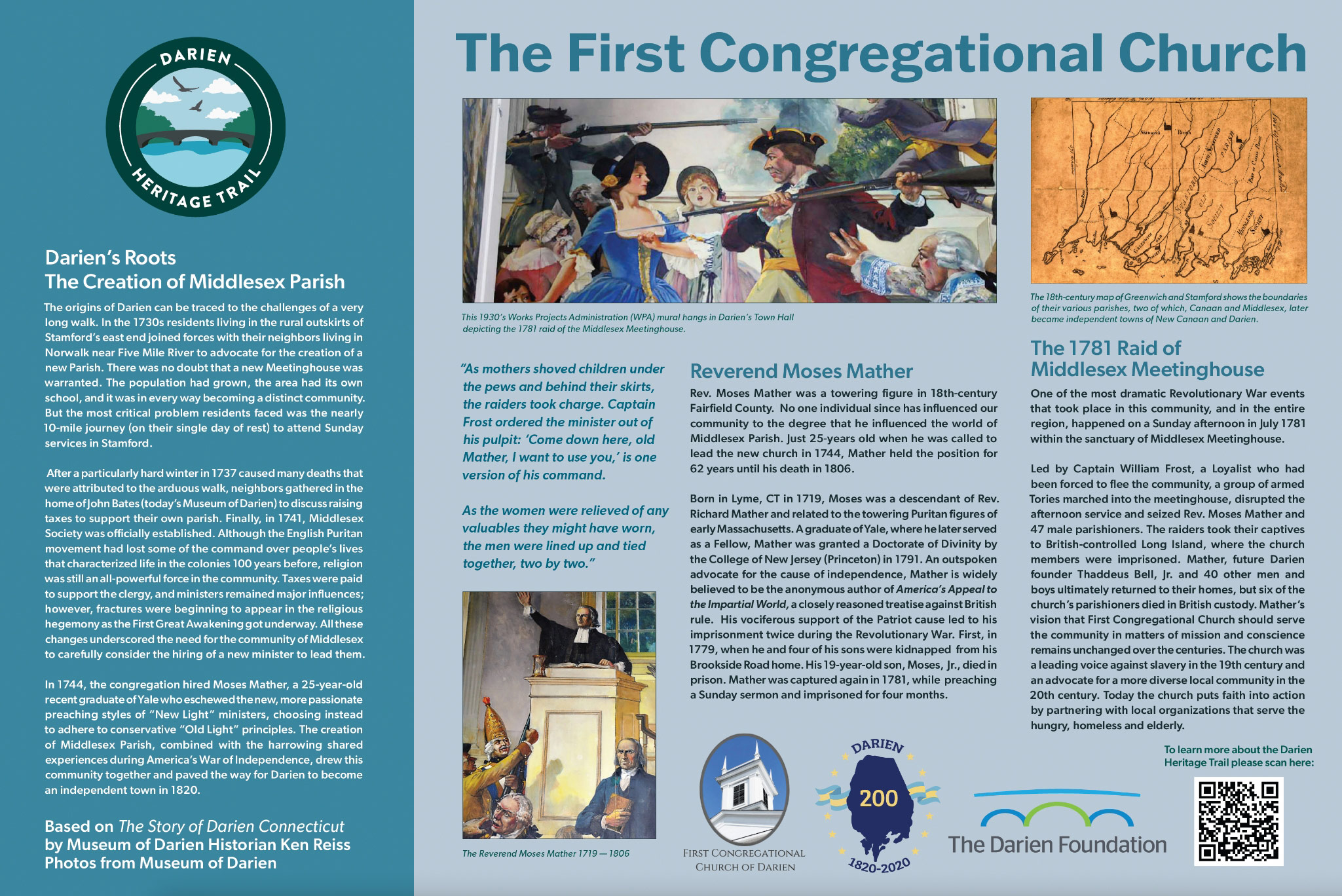The First Congregational Church
History & Background
The origins of Darien can be traced to the challenges of a very long walk. In the 1730s residents living in the rural outskirts of Stamford’s east end joined forces with their neighbors living in Norwalk near Five Mile River to advocate for the creation of a new Parish. There was no doubt that a new Meetinghouse was warranted. The population had grown, the area had its own school, and it was in every way becoming a distinct community. But the most critical problem residents faced was the nearly 10-mile journey (on their single day of rest) to attend Sunday services in Stamford.
After a particularly hard winter in 1737 caused many deaths that were attributed to the arduous walk, neighbors gathered in the home of John Bates (today’s Museum of Darien) to discuss raising taxes to support their own parish. Finally, in 1741, Middlesex Society was officially established. Although the English Puritan movement had lost some of the command over people’s lives that characterized life in the colonies 100 years before, religion was still an all-powerful force in the community. Taxes were paid to support the clergy, and ministers remained major influences; however, fractures were beginning to appear in the religious hegemony as the First Great Awakening got underway. All these changes underscored the need for the community of Middlesex to carefully consider the hiring of a new minister to lead them.
In 1744, the congregation hired Moses Mather, a 25-year-old recent graduate of Yale who eschewed the new, more passionate preaching styles of “New Light” ministers, choosing instead to adhere to conservative “Old Light” principles. The creation of Middlesex Parish, combined with the harrowing shared experiences during America’s War of Independence, drew this community together and paved the way for Darien to become an independent town in 1820.
Based on The Story of Darien Connecticut
by Museum of Darien Historian Ken Reiss
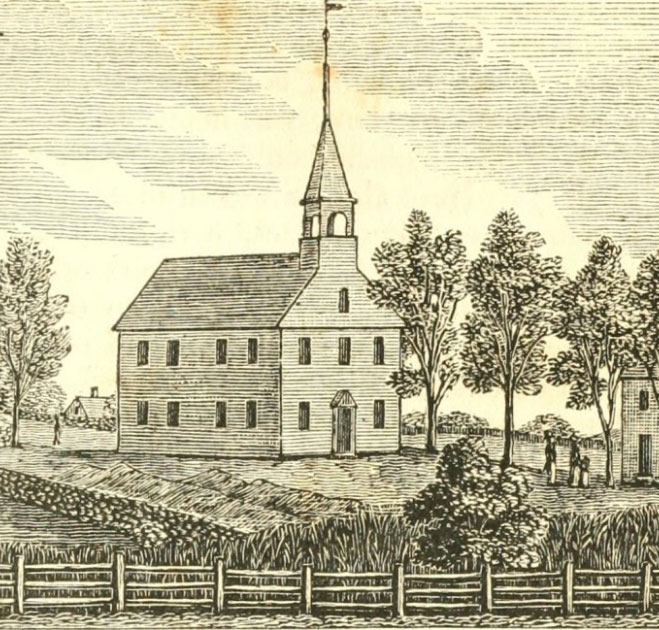
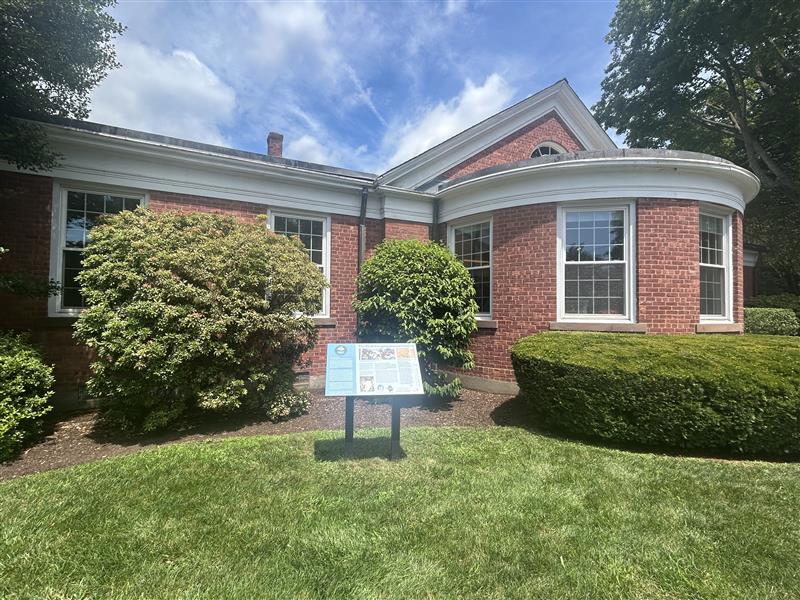
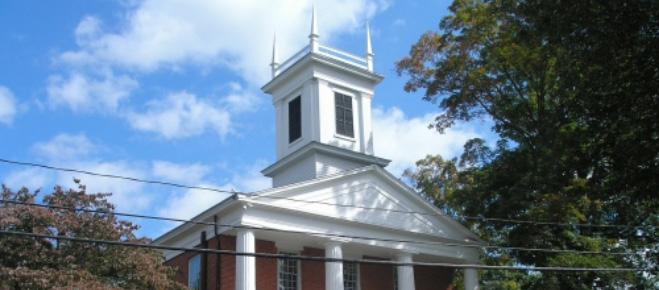
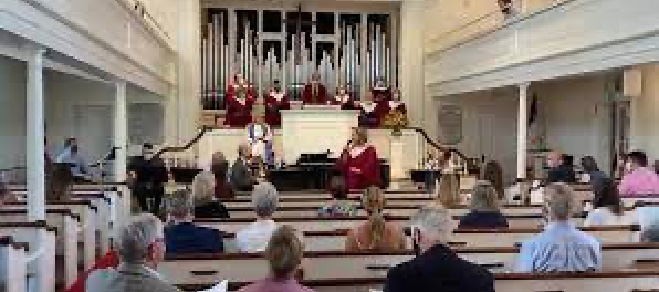
Trail Marker
Click to enlarge

